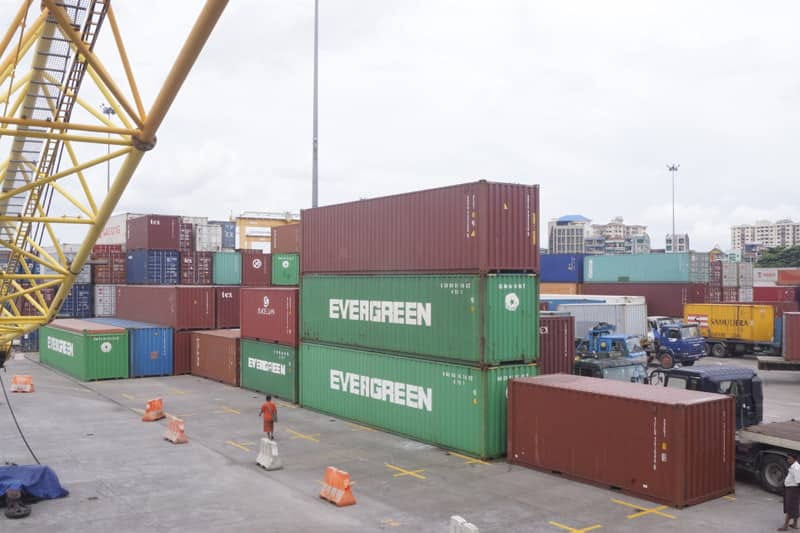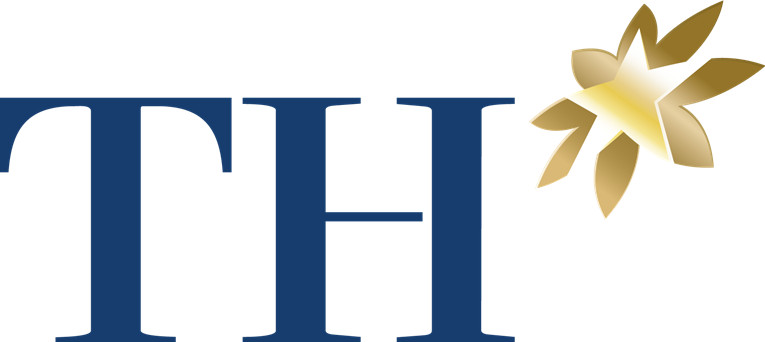The News
Myanmar's non-tariff measures and other trade regulations
Agricultural products imported into Myanmar will have to go through the PRA process, except for items that fall under the exempt list issued by the Plant Protection Agency, Department of Agriculture, Ministry of Agriculture, Fisheries and Irrigation.
Agricultural products imported into Myanmar will have to go through the PRA process, except for items that fall under the exempt list issued by the Plant Protection Agency, Department of Agriculture, Ministry of Agriculture, Fisheries and Irrigation.
- Import Licensing Requirements
Items on the list of import license requirements of the Ministry of Commerce of Myanmar will have to apply for a license when exporting to this market.
Formore information, please visit: https://myanmartradeportal.gov.mm/en/guide-to-export#Export%20Licenses).

2. Pest Risk Analysis (PRA) Requirements
Agricultural products imported into Myanmar will have to go through the PRA process, except for items that fall under the exempt list issued by the Plant Protection Agency, Department of Agriculture, Ministry of Agriculture, Fisheries and Irrigation.
Specifically, the Plant Protection Agency, Department of Agriculture, Ministry of Agriculture, Fisheries and Irrigation of Myanmar have announced a list of plants and plant products that do not need to go through the process of providing information for disease risk analysis (PRA), including:
- 40 fruits such as apple, apricot, avocado, tangerine, coconut, dragon fruit, durian, grape, guava, jackfruit, grapefruit, rambutan, watermelon, strawberry ...
- 21 types of cereals and beans such as black beans, chickpeas, soybeans, sesame, corn, millet, oats, rice, wheat, sunflower ...
- 57 types of vegetables, including broccoli, cauliflower, carrots, peppers, ginger, garlic, pepper, tomatoes, sweet potatoes, potatoes...
- 5 types used as animal feed such as soybeans, wheat, corn, cabbage, sorghum.
- 8 plants and products used for processing such as: almonds, betel nut, canola, cashew, pistachio, tobacco, turmeric, noodles.
- 116 types of seeds and seedlings (some with exceptions for some countries) such as avocados, beans, broccoli, peppers, chrysanthemums, coriander, corn, cucumbers, dragon fruit, garlic, grass, gourds, peanuts, melons, millets, papayas, peppers, pumpkins, paddy, strawberries, sunflowers, wheat, tomatoes...
In the past, the country's Plant Protection Agency has also announced a list of plants and plant products that do not need to go through a PRA information process (the last time on February 26, 2019 and on December 20, 2019). Compared to previous times, the country tends to be more expansive of items that do not have to provide information to serve the PRA.
3. Product label and label requirements
As a Buddhist country, on product labels, trademarks... there must be no images, symbols with Buddha or national flags. All products with religious signs (Buddhism) will be strongly condemned and boycotted, sued with the authorities and can be fined very heavily.
In addition, Myanmar applies Codex principles and ASEAN general principles and requirements for the labeling of prepackaged foods. All foods must be labeled and imported products must have labels that must be marked with the name and address of the importer and/or local distributor and country of origin.
For perishable products, the expiration date, storage instructions and warnings, ingredients and main essence of the product (by weight or volume) must be indicated. Labels must also include information about hazardous ingredients.
In addition, it is mandatory to have information about the name, address in Myanmar of the manufacturer, importer or distributor, sanitary registration number, risk warning and emergency treatment when using. Perishable products must have clear and complete information in Myanmar.
According to food hygiene and safety standards, the Myanmar government recommends that companies use harmless materials to make packaging, not contain substances that may affect food safety. Likewise, the packaging must be manufactured to ensure the quality and hygienic composition of the product throughout the life cycle of the product.
Food materials and additives used in the production of food and beverages must meet the medical quality requirements specified in sanitary standards.
The use of food additives that are not included in the list of allowed additives is absolutely prohibited. In practice, however, these requirements are often ignored either accidentally or intentionally due to the cost of production.



